Publications
Last
Advertisement
Partners


Overview of key manufacturers of Spaniel-type nonwovens

Spunmelt is the main nonwoven fabric manufacturing technology serving the hygiene market. Such nonwovens are valued for their uniformity, economic efficiency and production speed. In recent years, spunmelt technology has advanced towards the creation of thinner and stronger materials, which means that not only less raw materials are used in their production, but also their processing has become cheaper.
As the hygiene market continues to expand globally, reaching customers in more and more regions of the world, spunmelt's manufacturing facilities have also expanded in recent years: new lines have appeared in Southeast Asia, South America, Africa and India. Meanwhile, investment in more developed regions such as Europe and North America has slowed for the moment as their markets look to make the most of the new lines put into operation in the last decade.
Berry Global
In January, Berry Global, the world's largest manufacturer of nonwovens, announced the commercialization and start of product deliveries from its Reicofil R5 facility in Nanhai, China. Spunmelt R5 Berry technology allows you to produce a wide range of nonwovens including bicomponent (bi-co) and volumetric (high-loft).
The Asian region and, in particular, China have historically set the global standard for high-loft soft materials for the hygiene market," says Berry Chairman and CEO Tom Salmon. "Investing in a state-of-the-art Reicofil R5 asset in China allows us to maximize innovation and provide differentiated capabilities to ultimately improve line performance and consumer comfort."
Berry's investment in R5 technology, which was first announced in 2017, combined with patented raw material mixers, filament configurations and unique non-woven fabric bonding schemes demonstrate the company's commitment to the Asian region and continuous innovation.
The first commercial samples were presented at the Shanghai International Conference and Exhibition of Nonwovens SINCE in December 2019, after which an official ribbon cutting ceremony was held at the Nanhai factory.
Last month, Berry said it was ramping up production at its Asian plants to help fight the coronavirus. In addition to the Nanhai site built in 2014, Berry also has a facility in Suzhou. Outside of Asia, Berry manufactures spunmelt nonwovens in Mooresville, North Carolina; San Luis, Potosi, Mexico; Cali, Colombia; Puso Alegre, Brazil; San Jose dos Pinhais, Brazil; Pilar, Argentina; Tarragon, Spain; Neuville-en-Ferrain, France; and Terno d'Isola, Italy. Berry and its predecessor, Avintiv/Polymer Group Inc., have steadily grown this business over the past decade, investing in new lines and acquiring smaller companies such as Companhia Providencia in Brazil and Dounor in France. Berry is also a supplier of breathable (breathable) films to the world market of hygiene products.
In October, Berry Global launched a portfolio of "sustainable" nonwovens, films, laminates and elastic films specifically designed to meet the growing demand for reducing the use of raw materials and the number of components in the production of nonwovens, as well as for more recyclable, natural or bio-containing materials in the hygiene industry:
- Sof-Flex Ultra is a revolutionary patented technology for reducing the thickness of breathable films and Berry laminates, which reduces the total polymer consumption by 25%. Sof-Flex Ultra is a revolutionary cost-effective solution that provides excellent breathability and performance when used with a substrate.
- Elastipro is a new generation of recyclable lightweight elastic films optimized to provide the same characteristics as standard elastic films, but with less material use;
- Airten Enviro is a line of carded nonwovens containing cotton or PLA. The improved Airten Enviro cotton provides maximum softness and volume due to the use of various blends of staple fibers with a cotton content of up to 15%.
Fitesa
The Brazilian company Fitesa has confirmed that it will invest $70 million in a new spunmelt materials production line at its CNCFitesa joint venture based in Rayong, Thailand. The Brazilian nonwovens manufacturer acquired a 51% stake in CNC International in July, marking its first entry into the fast-growing Southeast Asian market. Prior to the acquisition, CNC operated two spunmelt installations in Rayong, as well as a sales office in Tokyo, from where it mainly supplied the hygiene products market.
Fitesa did not provide details about the investment, but it is likely that the investment will significantly increase the production of spunmelt materials in the region. The last major CNC investment was the Reicofil 4 production line with a capacity of 24,000 tons in 2013, and the total CNC capacity at the time of its purchase by Fitesa was estimated at about 40,000 tons per year.
Fitesa recently completed work on a pilot line in Simpsonville, South Carolina, which will allow it to test a new spunbond production technology using the air-through bonding method developed by Reicofil to create nonwovens of high softness and high-loft volume.
The presence of pilot lines that reproduce the capabilities of our commercial lines is part of our strategy to increase the speed of entering the market of new products," says Mariana Mynarski, Fitesa marketer. "Increasing our pilot capacity and serving our customers in the regions where they are located also contributes to accelerating testing and, ultimately, the introduction of new products."
In addition to sites in South Carolina and Thailand, Fitesa also has spunmelt lines in Brazil, Peru, Sweden, Germany, Mexico and Italy, each of which has been upgraded in recent years. Thanks to these efforts, the company's total capacity has increased to 450,000 metric tons per year.
Avgol
The largest manufacturer of nonwovens in Israel, Avgol, whose controlling stake belongs to the multinational chemical manufacturer Indorama Ventures Group, continues to produce spunmelt nonwovens primarily for hygienic purposes. Indorama acquired a 65.72% stake in Avgol in July 2018.
Indorama Ventures already owns a number of suppliers of raw materials for the production of nonwovens, including FiberVisions, Wellman International and Trevira.
With production sites in North Carolina, Russia, China and Israel, Avgol recently entered the market with India, where it completed the installation of a new spunmelt line to supply the local hygiene products market. The installed line is the first line in operation of the company not manufactured by Reicofil. It was commissioned in 2018.
Due to the combination of a high birth rate (20 million babies are born every year) and government incentives for product development, India is rapidly becoming a fast-growing market for baby diapers and other hygiene products.
Approximately 97% of Avgol's business is in the hygiene products market, where, according to the company, it is very interested in quality. This passion led Avgol to lead an industry-wide effort to reduce the weight of nonwovens to 7 g/m.
General Nonwovens
General Nonwovens has added a new line of nonwovens Reicofil R5+ at a new facility in Sakarya, Turkey. The 4.2-meter-wide SSMMS line will primarily serve the hygiene industry and will increase General Nonwovens' total production capacity by 26,000 tons. The line was put into commercial production in 2021.
The new R5+ line will serve the hygiene industry under the brand name HyGen General Nonwovens. According to Nevra Yilankirkan, marketing manager, the increase in annual capacity by 26,000 tons will allow the company to supply more material to multinational players, while supporting its current customers with softer spunmelt products of a new generation of improved quality.
The Reicofil R5+ line has significant advantages over the previous generation. Basically, this is a reduction in the number of failures in the operation of the line, the absence of solid melt spots during the formation of the web, thinner filaments, respectively, softer material, higher productivity, but with better quality, and all this at a production speed of 1200 m/min, which sets a new standard in the industry," says Yilankirkan.
According to her, General Nonwovens has been producing spunmelt nonwovens for more than 15 years and focuses on both local and international markets. "Regular investments have allowed us to cope with the demands of the market and always be on the market with the right product," she says. "Hygiene, as a field of application, covers most of the business. The General Nonwovens company supplies nonwovens for such elements of hygienic products as top-sheets, loincloths, bandages, back-sheets, ATB and ADL layers under the HyGen trademark. In recent years, softer foods have become increasingly important. Users would like to avoid the feeling of plastic in the material produced by spunmelt technology, while maintaining a price advantage. Some brands have started offering premium products that use other technologies at a higher price. General Nonwovens offers carded nonwovens bonded using air-through technology to meet these requirements. When it comes to the production of spunmelt materials, the answer to this trend is the creation of new generation production lines offering materials of minimum density and maximum softness and which, at the same time, have an advantage in production costs by increasing the productivity of the lines.
General Nonwovens is a manufacturer and exporter of spunmelt, drylaid, card and air-through nonwovens. The products are manufactured at factories in Gaziantep, Kilis and Sakarya in Turkey. The Sakarya factory is located in the Marmara region, about an hour's drive from Istanbul. The Reicofil 5+ line, located in Sakarya, is aimed at serving the markets of the EU and neighboring countries.
PF Nonwovens
The merger of two large enterprises for the production of materials spunmelt — Pegas Nonwovens and First Quality Nonwovens— led to the creation of a truly global player with production sites in the USA, China, Egypt, South Africa and the Czech Republic. The two companies joined forces at the end of 2018.Despite the fact that these companies have a lot in common, ranging from production technology to common customers, PF Nonwovens CEO Allan Bodford admits that integration has not been without problems.
Integrating the two businesses is not an easy task and will certainly take some time, he says. "Especially the first year is the most difficult. However, we have made significant progress and are already seeing results in the field of research and development, best practices in the field of operation and corporate services. We are working on a global strategy that will add more common goals and objectives and provide a broader innovation presence for our customers around the world. We will also continue to integrate our systems for smooth operation at all sites.
PF Nonwovens' recent investments include a new line in South Africa, which has started commercial deliveries to its customers, and the installation of a new semi-commercial line in the Czech Republic.
South Africa gives us the opportunity to supply products not only to our current large customers, but also to smaller, local manufacturers of disposable hygiene products, and thereby expand our client portfolio," says Bodford. "The semi-commercial line in Znojmo is aimed at the production of innovative products. We are very optimistic that our semi-commercial line will provide our customers with new innovative products.
The new semi-commercial line is based on the Reicofil 5 platform. It uses proven two-component technologies, offers a wide range of types and profiles of filaments, while allowing the use of input raw materials other than those currently used.
An important element of this technology is also the nonwoven bonding system, which is an alternative to the currently used traditional systems.
Union Industries
The second Polish line of the Italian company Union Industries was launched, as planned, in the last quarter of 2017 and supplies new soft grades of nonwovens for hygienic applications.
In 2020, Union commissioned a new line for the production of nonwovens using card + air-through technology to expand Union's offerings in the hygiene market for the supply of premium ultra-soft fabrics.
Gulsan Group
Gulsan Group (Gaziantep, Turkey) currently produces 85,000 tons of nonwovens in Turkey and 40,000 tons in Cairo, Egypt. In addition, the commissioning of the company's second Turkish plant in Korula, Istanbul, is nearing completion. It will produce an additional 35,000 tons of spunmelt nonwovens based on Reicofil 5 technology.
Gulsan announced its latest investment in 2017 right after Reicofil announced the release of the latest generation of its spunmelt technology. The 5.2-meter-wide six-beam line will mainly serve the hygiene and medicine markets.

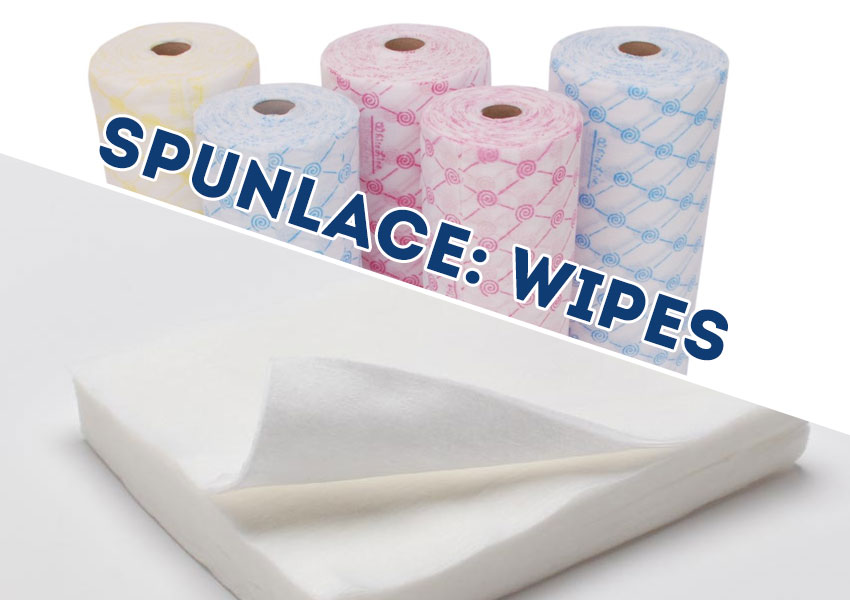
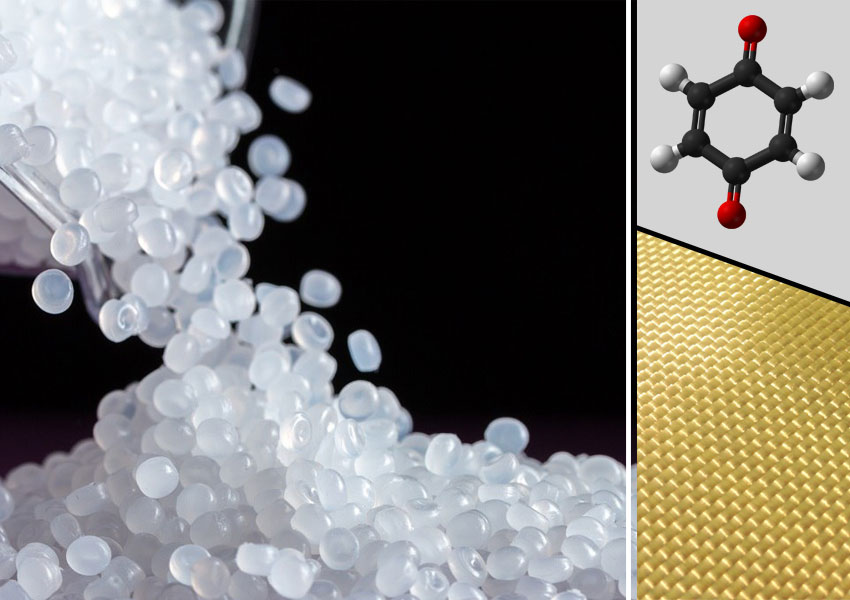
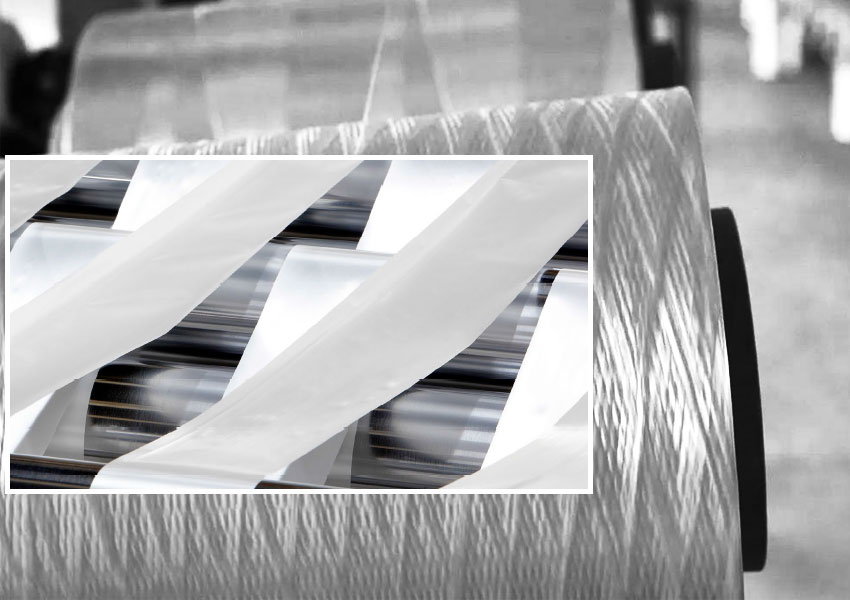
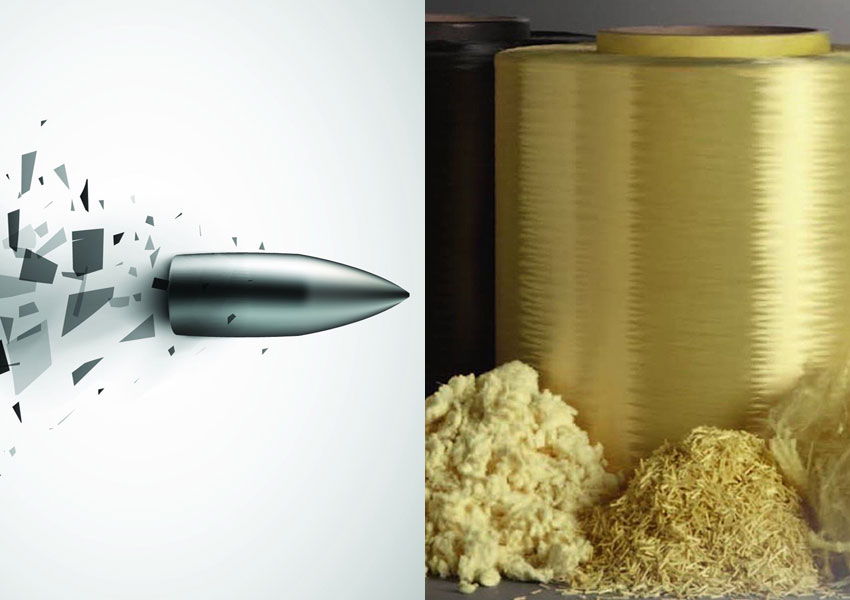
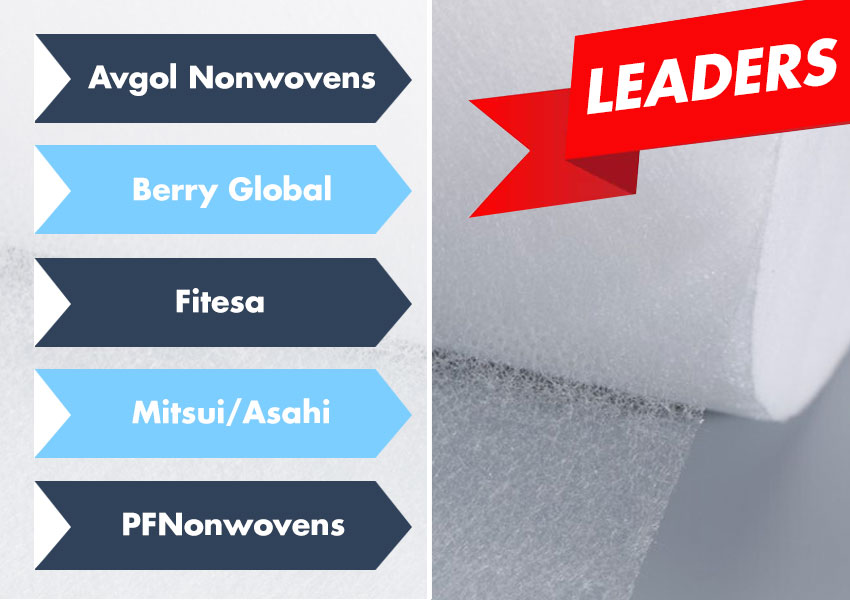


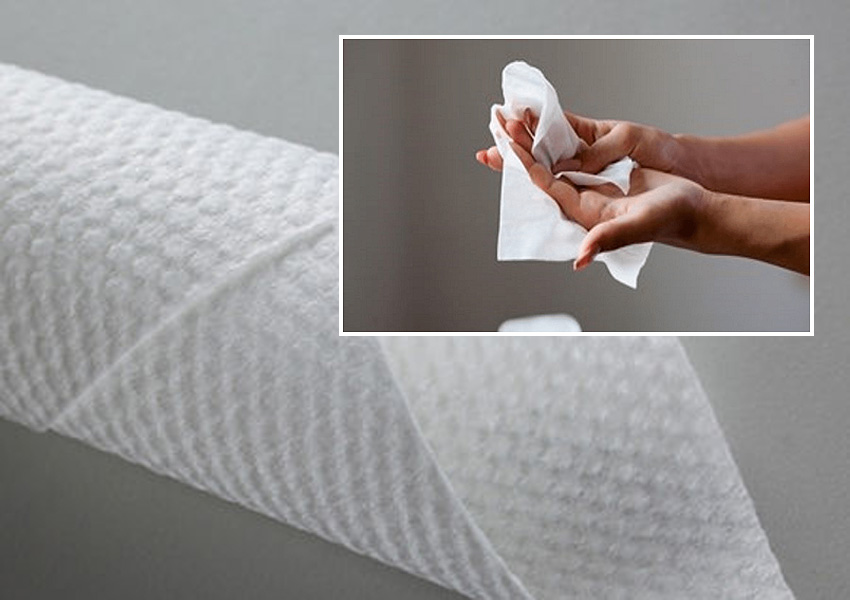

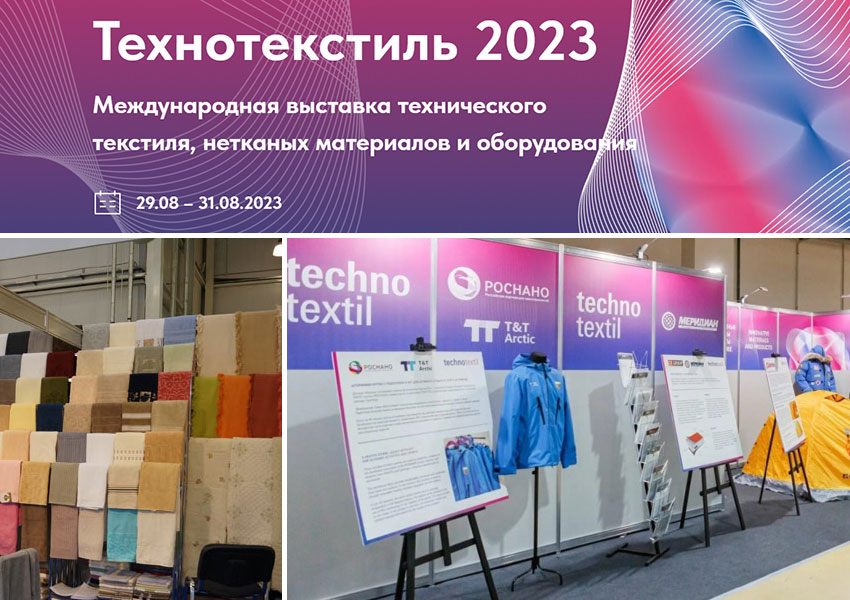

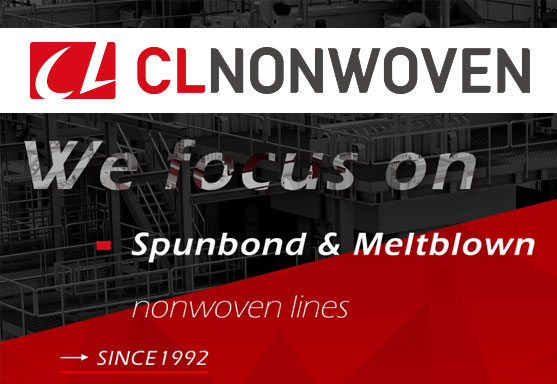

Виктория